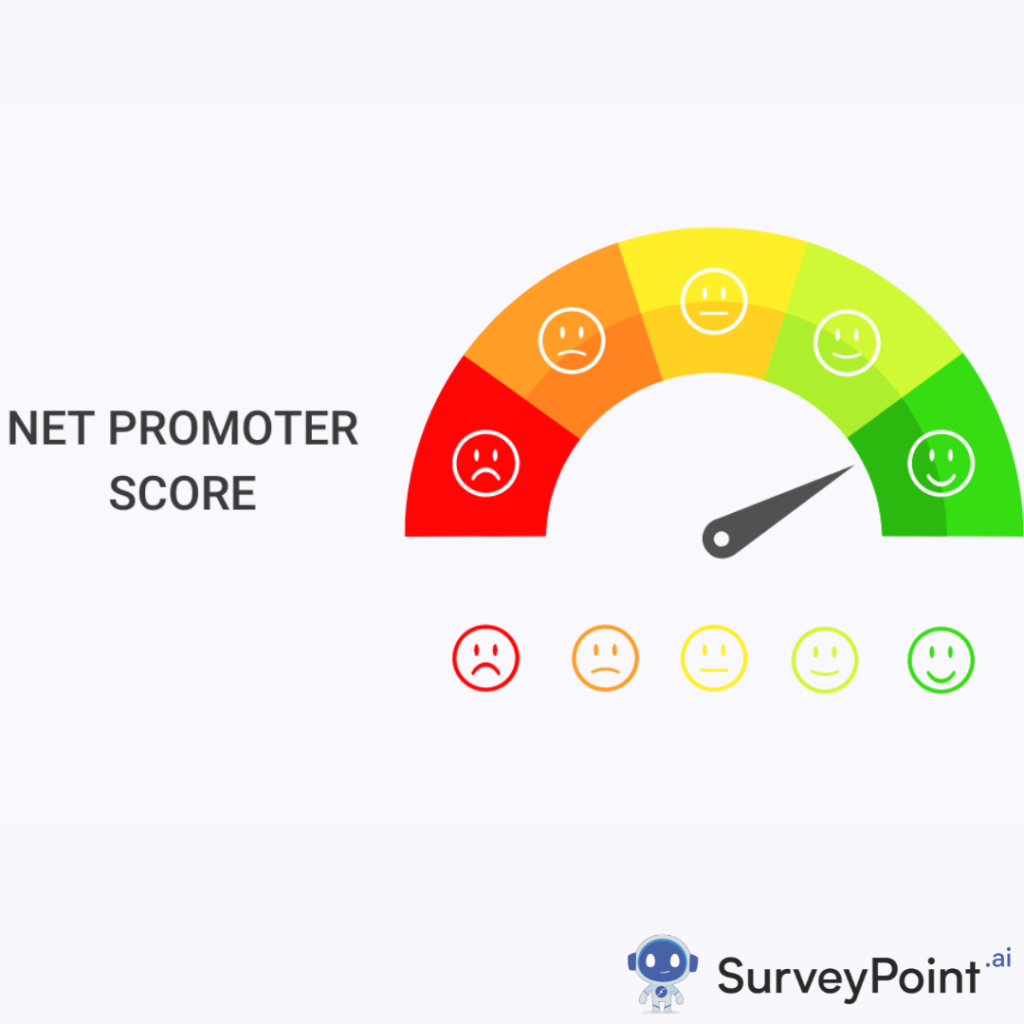
With the rise of various tools designed to enhance your link in your bio, Beacon AI and Linktree stand out as prominent players in this space. In the era of digital presence and social media dominance, managing and optimising your online profile has become more crucial than ever.
In this comprehensive comparison, we will delve into the definitions of both platforms, explore key differences, examine features of each, and finally, help you determine which is the better fit for your needs.
Understanding Beacon AI and Linktree
Beacon AI:
Beacon AI is an innovative link in biotools that leverages artificial intelligence to optimise and personalise the user experience. It enables users to create a dynamic and engaging landing page that adapts to each visitor’s preferences. Beacon AI goes beyond the conventional static link in bio, offering a more interactive and tailored approach to content sharing.
Linktree:
Linktree is a widely used and straightforward link-building tool that provides users with a single link to house multiple links. This single link can be shared on social media platforms, allowing followers to access a curated list of links and directing them to various websites or content. Linktree is popular for its simplicity and ease of use.
Key Differences Between Beacon AI and Linktree
1. Personalisation:
One of the significant differences between Beacon AI and Linktree is the level of personalisation offered. Beacon AI uses AI algorithms to analyse user behaviour and preferences, dynamically updating the content displayed on the landing page. Linktree, on the other hand, offers a static list of links that doesn’t change unless the user manually updates it.
2. AI-driven Content Recommendations:
Beacon AI takes personalisation a step further by incorporating AI-driven content recommendations. It analyses user interactions and suggests relevant content, creating a more engaging and user-centric experience. Linktree, on the other hand, relies on users manually curating their list of links without automated suggestions.
3. Design customisation:
While both platforms offer some level of design customisation, Beacon AI provides more advanced options for users who want to create a truly unique and branded landing page. With Beacon AI, users can adjust colour schemes, fonts, and layout, giving them greater control over the visual representation of their link in their bio.
4. Integration with Third-Party Apps:
Linktree has a long-established presence in the market, resulting in widespread integration with various third-party apps and services. Beacon AI, being a newer entrant, may have a more limited selection of integrations. Users should consider their existing tech stack and the compatibility of each platform with their preferred tools.
5. Pricing Structure:
The pricing models of Beacon AI and Linktree differ significantly. Linktree offers a free basic version with limited features and a paid subscription for more advanced functionalities. Beacon AI, on the other hand, might have a different pricing structure, potentially based on the level of personalisation and AI-driven features. Users should carefully evaluate the cost versus the features offered by each platform.
Beacon AI vs Linktree : Features
Beacon AI features:
a. AI-driven personalisation:
Beacon AI’s standout feature is its AI-driven personalisation. The platform dynamically adjusts the content displayed on the landing page based on user behaviour, ensuring a tailored experience for each visitor.
b. Content Recommendations:
With Beacon AI, users benefit from AI-generated content recommendations. The system analyses user interactions and suggests relevant content, keeping the audience engaged and increasing the likelihood of click-throughs.
c. Advanced Design Customisation:
Beacon AI allows users to take customisation to the next level. From colour schemes to fonts and layouts, users have extensive options to create a visually appealing and brand-aligned link in their bio.
d. Analytics and Insights:
Beacon AI provides detailed analytics and insights into user behaviour. Users can track link clicks, user engagement, and other metrics, helping them refine their content strategy and optimise their online presence.
e. Integration with Marketing Tools:
Beacon AI may offer integrations with marketing tools, streamlining the workflow for users. Seamless connections with email marketing platforms, analytics tools, and social media scheduling apps can enhance the overall digital marketing strategy.
Linktree Features:
a. Simplicity and Ease of Use:
Linktree is renowned for its user-friendly interface and simplicity. Setting up a link in your bio with Linktree is quick and straightforward, making it accessible for users with varying levels of technical expertise.
b. Basic Design Customisation:
Linktree provides users with basic design customisation options. While it may not offer the same level of design flexibility as Beacon AI, it allows users to choose colours, add a profile picture, and customise the layout to a certain extent.
c. Multiple Link Management:
The core feature of Linktree is its ability to manage multiple links under a single URL. Users can easily add, remove, or rearrange links, simplifying the process of sharing various online resources with their audience.
d. Link Click Analytics:
Linktree offers basic analytics on link clicks. Users can track the performance of each link, gaining insights into which content resonates most with their audience.
e. Third-Party Integrations:
Linktree supports a wide range of integrations with third-party apps and services. Users can connect their Linktree account to tools like Google Analytics, Facebook Pixel, and more, enhancing the functionality of their link in their bio.
pricing structures may have occurred since my last update in January 2022. Always refer to the official websites of Beacon AI and Linktree for the most accurate and current information.
Which platform is better for you?
Choosing between Beacon AI and Linktree depends on your specific needs, goals, and preferences. Here are some considerations to help you make an informed decision:
Choose Beacon AI if:
- Personalisation is a Priority: If you prioritise delivering a highly personalised experience to your audience, Beacon AI’s AI-driven personalisation and content recommendations make it a compelling choice.
- Advanced Design Customisation Matters: For users who want extensive control over the visual representation of their link in their bio, Beacon AI’s advanced design customisation features stand out.
- Analytics and Insights are Critical: If in-depth analytics and insights into user behaviour are essential for your digital strategy, Beacon AI’s robust analytics tools may offer more value.
Choose Linktree if:
- Simplicity and Quick Setup: If you are looking for a straightforward and easy-to-use solution, Linktree’s simplicity and quick setup make it an attractive option, especially for users with minimal technical expertise.
- Established Third-Party Integrations: If your workflow relies heavily on specific third-party apps or services, Linktree’s broad range of integrations may seamlessly fit into your existing toolkit.
- Basic Link Management is Sufficient: If you primarily need a tool for managing multiple links under a single URL without the need for advanced personalisation or AI-driven features, Linktree provides an efficient solution.
Conclusion
In the Beacon AI vs. Linktree debate, both platforms bring unique strengths to the table. Beacon AI excels in AI-driven personalisation, advanced design customisation, and detailed analytics. On the other hand, Linktree is known for its simplicity, ease of use, and extensive third-party integrations.
Ultimately, the best choice depends on your specific requirements and priorities. If you are aiming for a cutting-edge, personalised experience with a focus on design and analytics, Beacon AI might be the right fit. However, if you prefer a user-friendly platform with established integrations and straightforward link management, Linktree could be a more practical choice.




